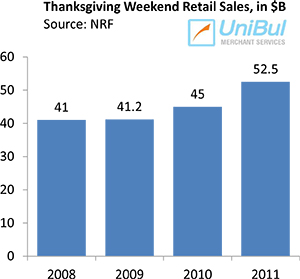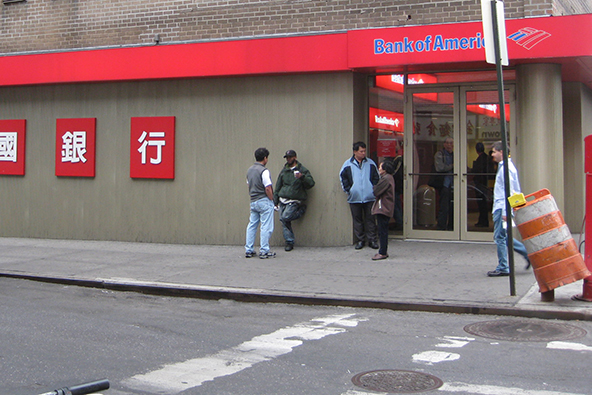Is Payment Protection Insurance Worth the Cost?

This is a guest post by Susan Wells. Susan is a freelancer and blogger who writes for www.insurancequotes.org and other sites that are related to insurance, technology, and lifestyle. She’s always happy to hear from her readers and welcomes your comments and questions.
What would happen if you were to be suddenly incapable of making your minimum monthly payments to your creditors? Payment protection insurance (PPI) is designed to help consumers with their financial obligations in the event of an unforeseen loss of income. Customers with PPI can receive assistance if a debilitating medical circumstance should arise or in the event of job loss, protecting them against the harsh penalties issued by creditors.
Even though PPI insurance can provide temporary relief for consumers who are struggling to make minimum payments, there are significant limitations to eligibility and coverage. Also, sellers of PPI have often been criticized for offering misleading information to customers, making it difficult to understand the terms and conditions of the policy. When all the cards are on the table for PPI, it is sometimes unclear as to whether the policies are worth the cost.
Who is Eligible for Payment Protection Coverage?
In order to make a PPI claim, the customer must have been in permanent employment when he opened the policy. This requirement eliminates housewives, retirees and, often, students. Also, many PPI policies will not cover loss of income due to stress, back problems or pre-existing conditions that were not previously mentioned. The exclusions of a PPI policy are often varied, so anyone interested in a PPI must pay close attention to the fine print.
Payment protection policies generally cover claims that occur as the result of illness or accident, which means that loss of income as the result of a layoff will not be eligible. Even then, most policies do not cover loss of income due to illnesses or accidents related to drug or alcohol abuse, criminal acts, self-harm, war or pregnancy. Also, policies may change or be rendered invalid in the event of a change of occupation.
What Are the Merits of PPI?
For eligible customers who experience circumstances that are deemed coverable, PPI can serve as a financial lifeline. Clients can benefit from services such as payment deferment, compensation of minimum payments or, in rare cases, payment cancellation. Like any policy, there are terms and limits that control the amount of money and time that a policy will cover.
Depending on the type of policy — either long-term or short-term — a PPI policy can compensate a percentage of income for months or years. Short-term policies generally cap out at 70 percent reimbursement of income during a maximum time span of 12 months. Long-term policies typically offer 50 percent compensation for lost income over a number of years.
How Much Does a PPI Policy Cost?
The average costs of a PPI on a credit card range between 0.78 percent and 1 percent – which is typically described as “One dollar for each $100 of the balance.” For those with significant debt, the cost of PPI becomes incredibly expensive and can actually drain finances that could be paid toward the balance of the account.
For a debtor with a relatively low amount of debt, the cost for PPI is much less, but less debt is generally much easier to repay. A person with a low amount of debt can more easily rely on family or savings to compensate for financial obligations in the event of a disaster, making PPI only a good option for the individual who has no backup plan in the event of a financial emergency.
How Do I Avoid PPI Scams?
In the past, scam artists have convinced people to release secure information under the false impression that they are selling Payment Protection Insurance. Never release sensitive information to a solicitor who has contacted you. PPI is generally sold with loans, mortgages and credit cards.
Many PPI policy holders have claimed to have been signed up for the policy without their knowledge. In order to avoid such an unnecessary charge, customers must view an itemized version of their statements each month, even when no new purchases have been made. Notify your bank immediately to discuss any unapproved service fees.
Many consumers have unintentionally signed up for such services in response to misinformation supplied by creditors. If you see that your bank is charging you without your consent, contact them immediately. You may be subject to a reimbursement for the entire history of the charge.
Image credit: LDSLiving.



I don’t think it ever makes sense to pay for the extra insurance. Your credit card’s insurance policy is almost always good enough.